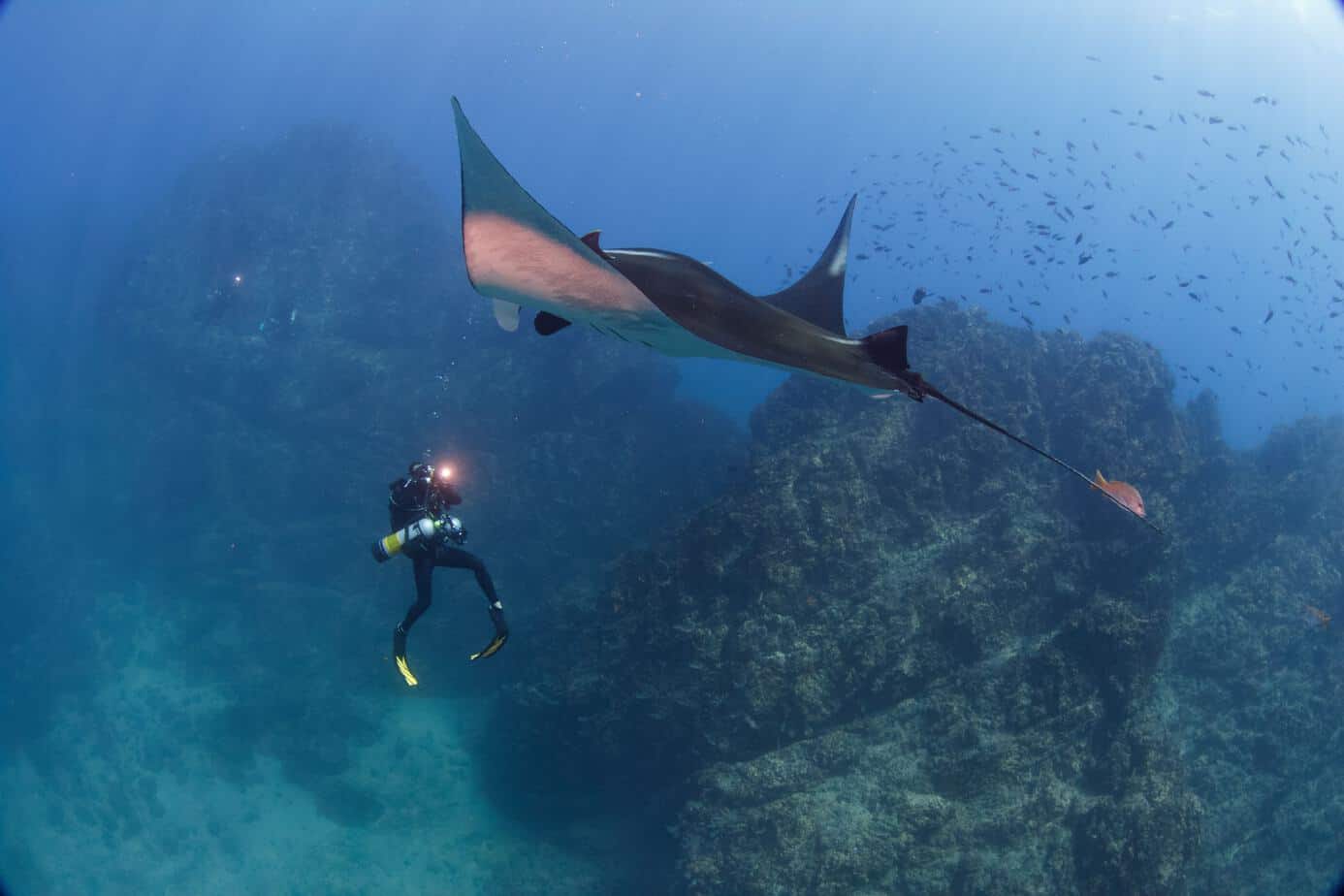Costa Rica launched on Saturday a project to protect its corals from the impact of climate change.
President Carlos Alvarado signed a decree for the “promotion of restoration and conservation initiatives for the recovery of coral ecosystems,” aimed at protecting corals, which are home to a large part of the world’s biodiversity.
The decree, signed on World Oceans Day, establishes guidelines to recover existing corals and create artificial reefs.
“Costa Rica has 970 kms of coral zone on both coasts, but more than 90% is threatened by human activities, including climate change,” said Deputy Minister of Water and Sea, Haydée Rodríguez, during the signing of the decrees in the Playa Hermosa-Punta Mala National Wildlife Refuge, in the central Pacific.
The Minister of the Environment, Carlos Manuel Rodríguez, explained that coral areas function as natural barriers that protect cities and coastal communities from storms, hurricanes and tsunamis.
“Healthy reefs are capable of absorbing up to 90% of the impact of waves,” he said. “We recognize their importance for productive activities, such as fishing and tourism, and we see the need to protect coastal communities by reducing the impact of extreme events resulting from climate change.”
The measure was celebrated by the international environmental organizations Interamerican Association for the Defense of the Environment (AIDA) and Conservation International (CI), which work in the preservation of corals.
“We are very pleased with this important advance to ensure the survival of coral reefs and species that contribute to their conservation,” said Gladys Martinez, a lawyer with the AIDA Marine Biodiversity and Coastal Protection Program, in a statement.
President Alvarado also signed a decree that establishes a system of marine governance that will be managed by the ministries of Environment and Energy, Agriculture, Tourism, Public Works and Security.
Haydée Rodríguez explained that this ministerial commission should define Costa Rica’s vision for its oceans and coordinate the actions to make it a reality.
At the same time, the decree establishes a mechanism of civil inclusion in the decisions on the management of the maritime territory, with the participation of fishermen, tourism operators and universities.
The featured photo is part of “Costa Rica Blue: The Underwater Guide,” the definitive travel guide to Costa Rica’s underwater world. For more, visit https://www.costaricablue.org/.






